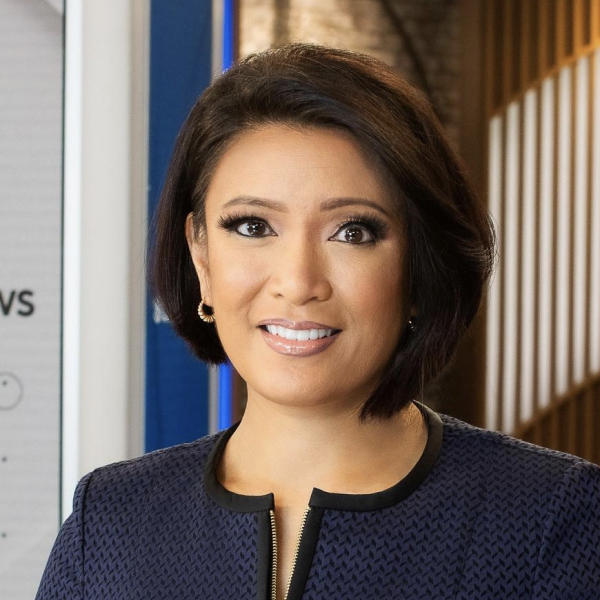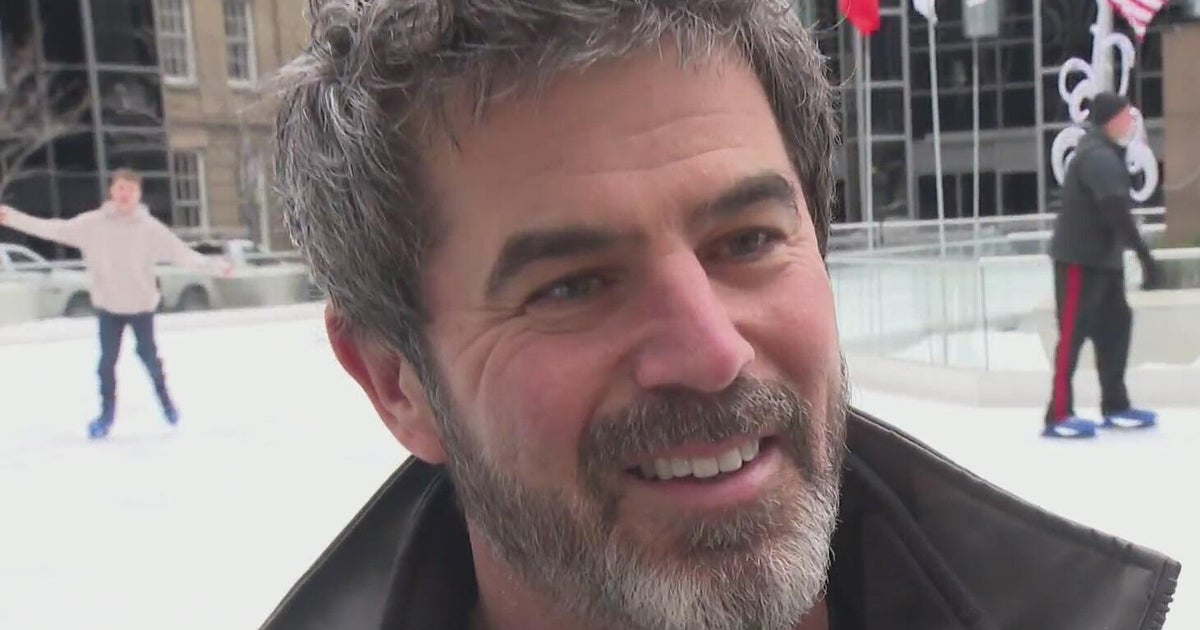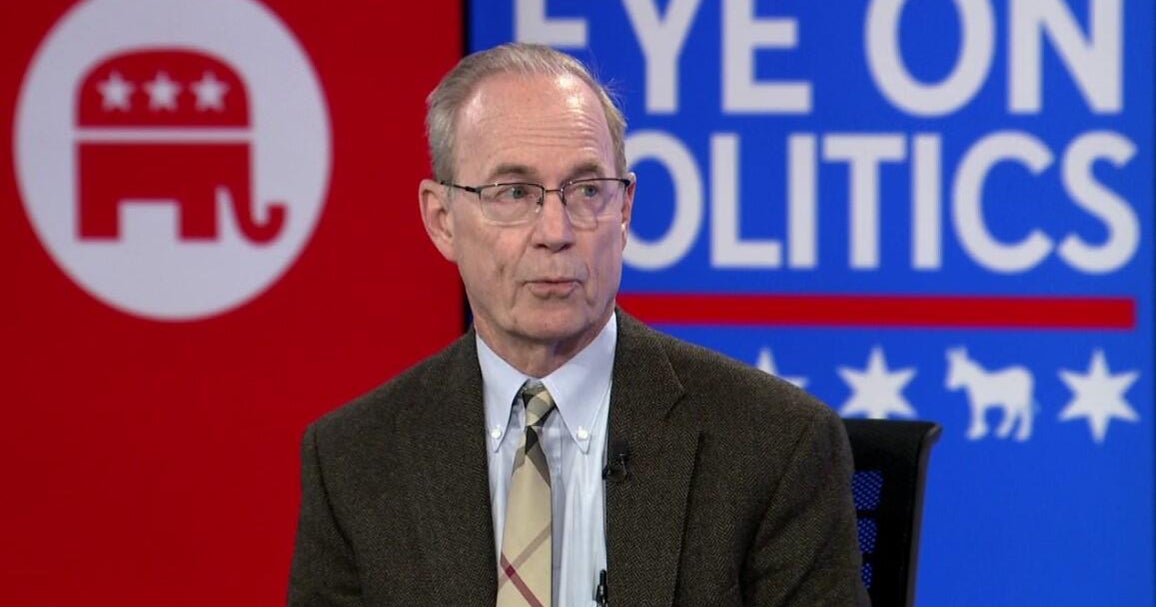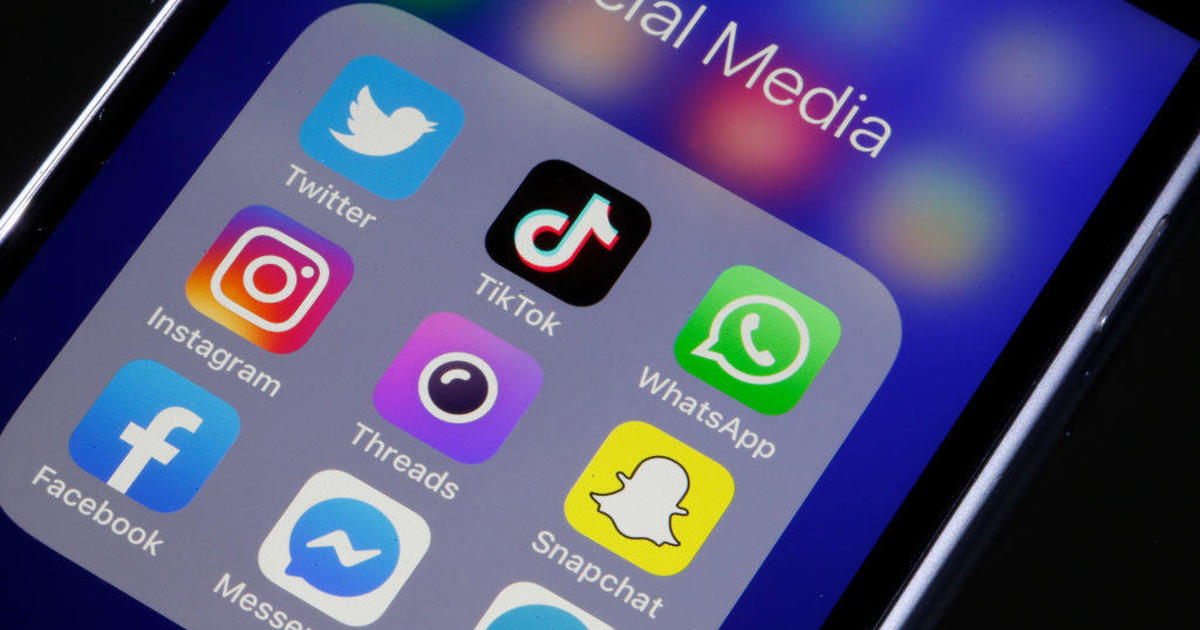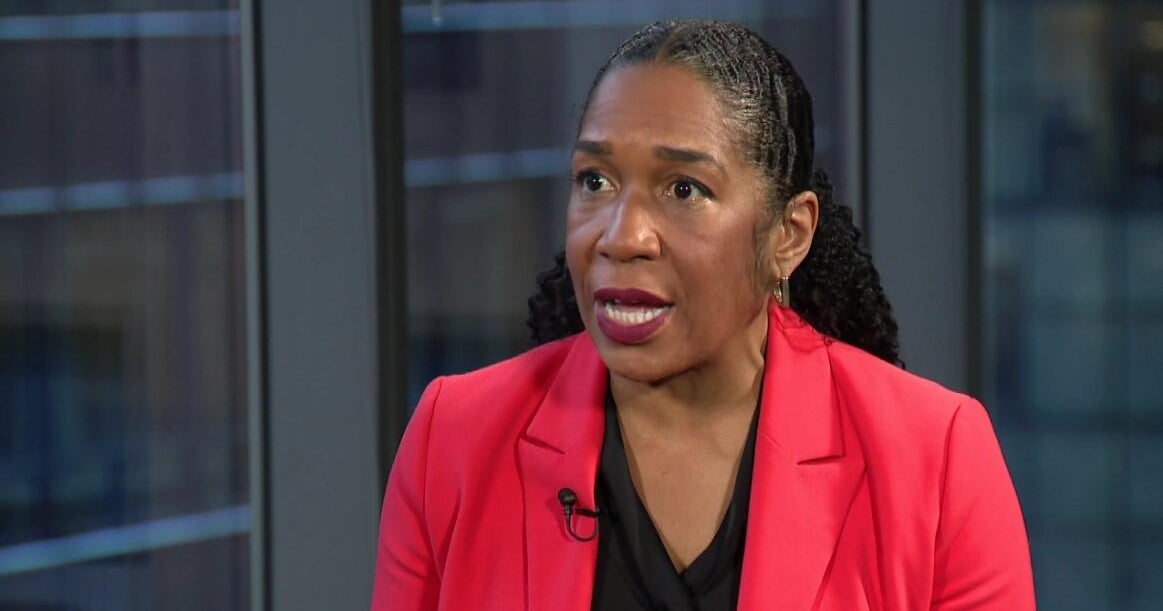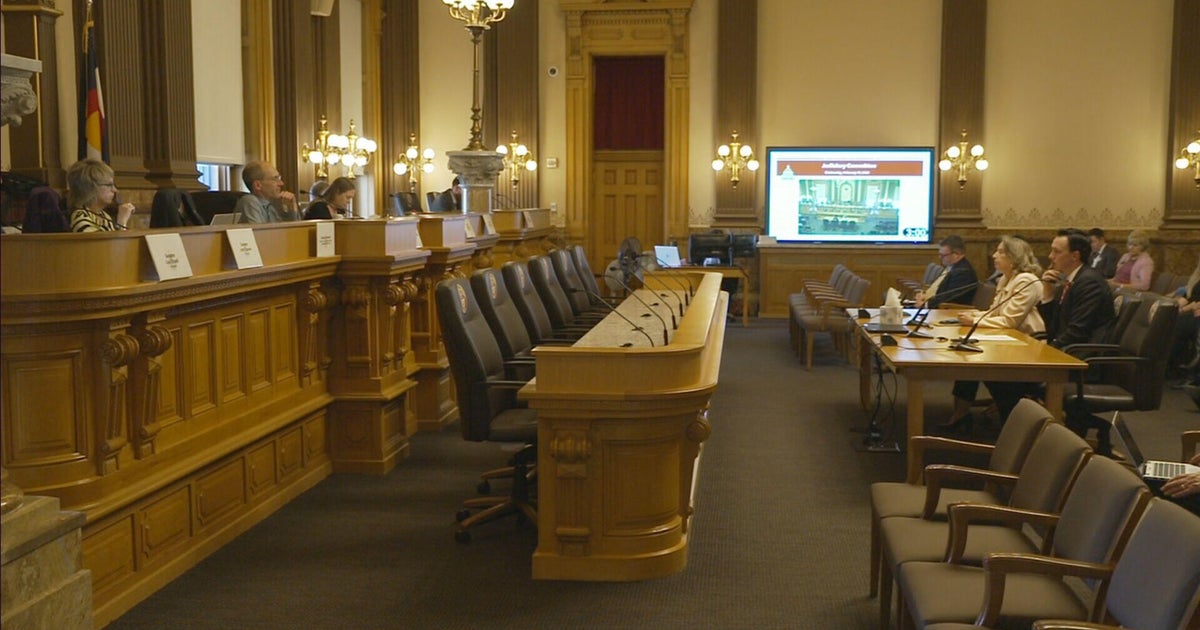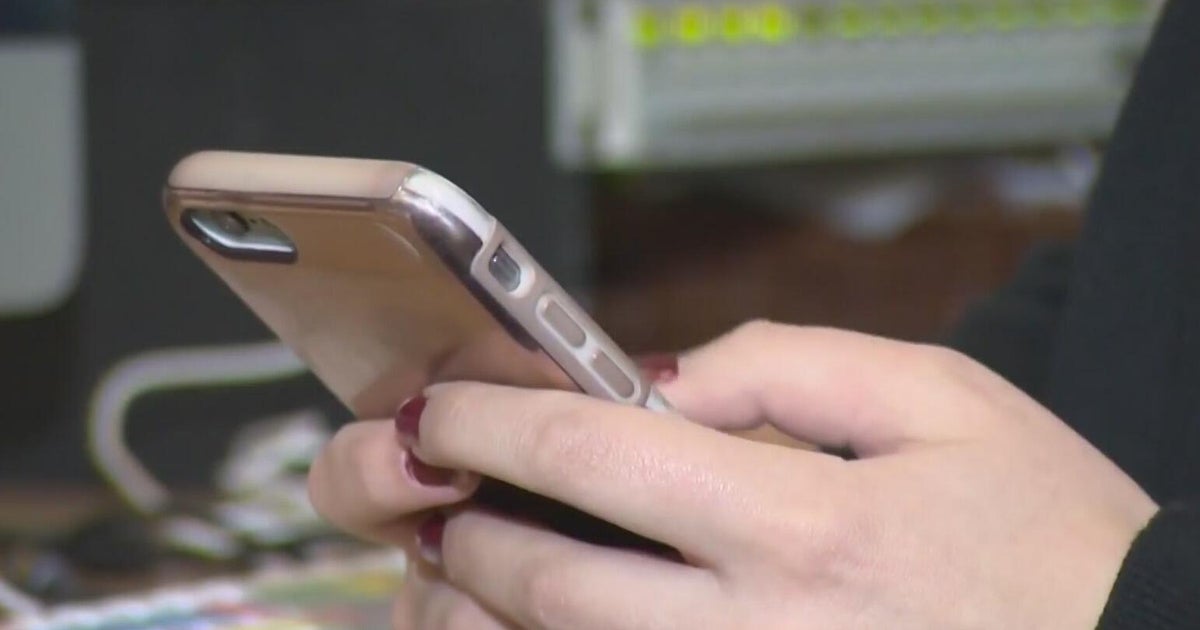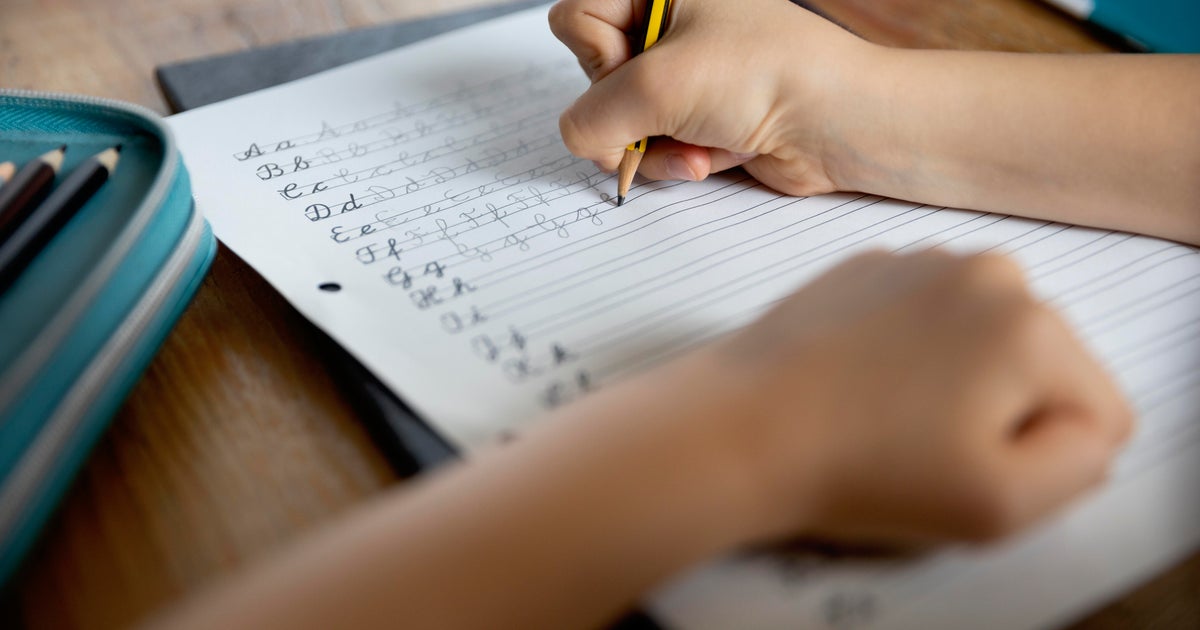Illinois teen pushes for law to protect child influencers
CHICAGO (CBS) – Whether it's on Instagram, TikTok or YouTube, adorable kids can be seen pitching products, but who is cashing in on those cuties?
All too often, it's not the children.
A new law in Illinois may have people thinking twice about what to post online. It's the first of its kind in the country as Elaine Quijano of CBS News showed, it's all because of one brave high schooler.
Childhood images used to exist mainly in scrapbooks, but what was once private is now often very public and spread across social media and increasingly used by influencers to make money.
Shreya Nallamothu, a high school junior from Normal, Ill., first noticed that kid-centered content a couple of years ago. Some of it made her cringe. Others made her angry.
"As an April Fool's prank, this family told their daughter that they were giving away their dog," Nallamothu said. "And naturally, she started crying, and they uploaded that online.'
She began wondering how all that attention affected the kids in the videos.
"It started to bother me how sometimes these parents would film their children without their consent or in very vulnerable moments in positions and just upload it on the internet for anyone to see," Nallamothu said.
So the then-15-year-old started researching for a class report.
Quijano: "And what did you find out?"
Nallamothu: "I found out that cases of exploitation in terms of child influencing are a lot more widespread than people think and child influencers make a lot more money than people think. It's a very lucrative industry."
She decided her state senator, Dave Koehler, a Democrat from Peoria, should know what she found.
"She wrote some letters to legislators and said 'This is a class project we're doing,'" Koehler said. "'I'm concerned about this issue.'"
Koehler introduced a bill that would require children under 16 to be paid a share of any proceeds if they appear in at least 30% of content created by an adult in a 30-day period. If children don't get paid, they can sue to get their share of the profits earned.
Nallamothu testified before lawmakers in Springfield. The bill passed the House and Senate unanimously.
Illinois is the first state in the country to have a law protecting child influencers.
"We're saying, OK, if you're gonna do this, we've gotta create some parameters on this," Koehler said. "We've gotta create some protections. If you're gonna use your children, who may or may not be willing participants in this, we've gotta protect their economic interest so that when they become an adult, they have something to show for all their efforts."
It's an issue Hitha Palepu has tackled on her own. As a mom, entrepreneur and influencer in New York City, she learned early on what gets the most views online.
Quijano: "How lucrative is content that has children at the center of it?"
Palepu: "It is my best engaged content when my children are in even an organic picture or real, and that's why I take such care in what I actually share."
Her sons have been featured in posts sponsored by big-name brands like Pampers and the Gap, earning tens of thousands of dollars.
And while New York state doesn't require it, she set aside a share of the earnings for them from the start.
"I think there needs to be protections for children, especially when money is on the table and there's financial gain being generated from their likeness," Palepu said.
Now, her sons are 8 and 4 and Palepu and her husband gave them the choice to decide whether to share their stories. They opted out, a decision Palepu said she understands.
"How would I feel if I was 13 years old and I Google my name and I see certain details about me shared on the internet that have been read by thousands, hundreds of thousands, sometimes millions of people," she said. "How would that make me feel?"
Figuring out how to protect privacy in the future is the next issue that Koehler said state lawmakers are considering.
"We wanna be able to give the ability of a person to say, 'I want this video removed because it was not done with my consent at that point,'" Koehler said. "And we have to figure out a way to legally do that and to technologically do that."
For Nallamothu, compensating kids represents a good first step.
Quijano: "Do you think there should be a federal law to address this?"
Nallamothu: "Absolutely. I hope so. Child influencing isn't just something that happens in Illinois. It happens all across the country and I hope that kids not in Illinois will someday be able to enjoy these protections too."
She's helped ensure kids have a say and something to show for their time in the social media spotlight.
The family at the center of the dog video did eventually apologize and reiterated it was only an April Fool's Day prank.
